‘Zoom Anxiety’ is a Real Problem (and 9 Signs You Have it)
With many schools transitioning to online classes as a response to coronavirus, there is a new problem that students should expect to face. It’s a form of anxiety that one gets from being on video calls with other people.
Social anxiety has taken on another form to what we’d like to call “Zoom anxiety”. Whether it’s by force or by one’s own accord, meeting with someone online can weigh heavily on someone and cause a great level of discomfort.
For the students who suffer from major social anxiety, online classes spell doom.
But how exactly does Zoom anxiety manifest itself in the ways we interact with the video conferencing app? Let’s take a look!
1. You open Zoom just in time.

Nobody likes small talk, especially through Zoom. That’s why when your meeting is scheduled at 11:30, you make sure you enter the room at exactly that time — not a second earlier. It’s better to be called our for being late than having to dabble in conversations while waiting for everyone to come in.
2. You spend too much time preparing how you look.
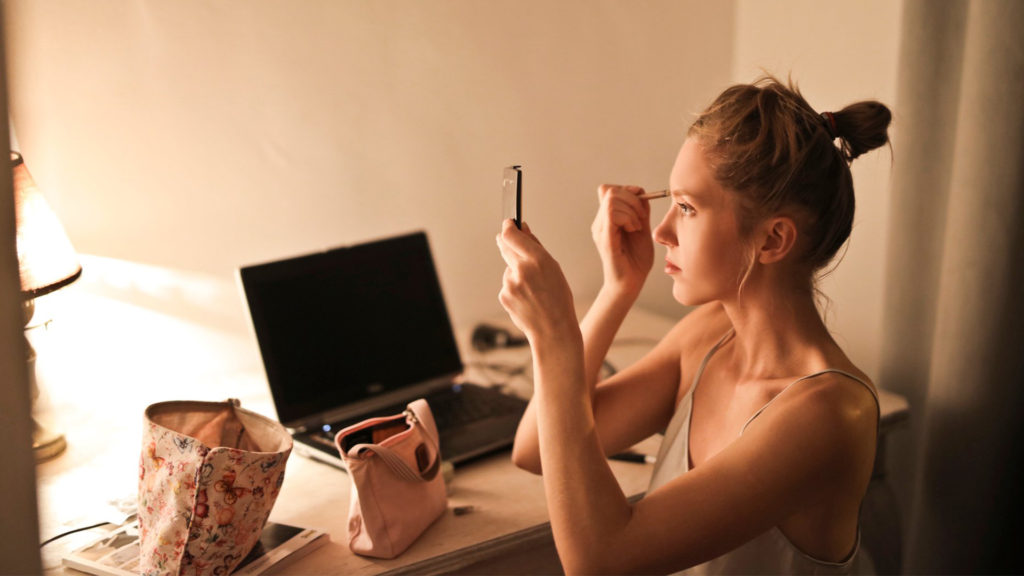
You pre-plan your clothes, lighting & background not because you want to look good, but because you don’t want to be judged. In a meeting with many people, it’s hard not to feel self-conscious when you know every action that you do will be caught on camera.
It only makes sense that you always have that fear of looking less than perfect when you’re in these calls.
3. Zoom is the last resort.
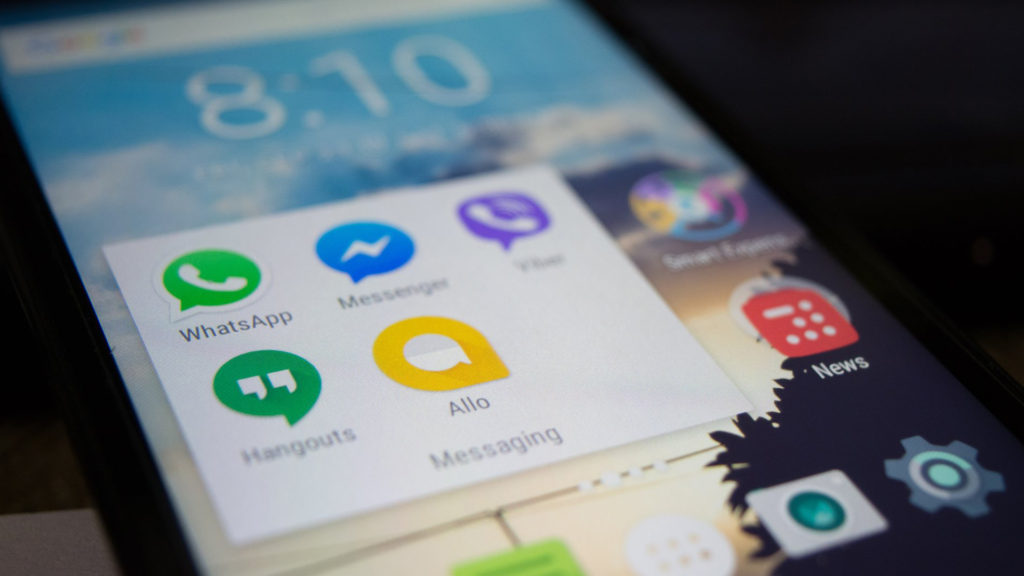
You’re also probably the person who hates receiving phone calls out of the blue. You make sure every means of communication is exhausted before agreeing to go on an online call with someone. Not only are Zoom meetings a major hassle, but things are just easier when people don’t have to hear nor see you speak.
4. You know the answer but you don’t unmute.

Being shy has a lot to do with social anxiety. And a person who’s already reluctant to speak their mind in a face-to-face situation may find it even more difficult to do so in a Zoom room.
Just imaging your big face pop up on Speaker View while your classmates hear every layer of your voice through their earphones makes you want to cringe. So in the end, you just let others speak up.
5. You practice what you’re going to say.

According to this article from Discovery Magazine, it may actually be a helpful way to relive some of your anxiety. When you have something to present on Zoom, you tend to overrehearse what you plan to say.
Hell, you may not even have a presentation, but you’re constantly thinking of possible things you’re going to say in the slight chance someone else in the meeting puts you on the spot.
6. Sharing your screen is a no-no.

To you, sharing your screen is like letting people take a peek in your diary; it’s just too personal for your liking. And when you have to do it, you’re always frightened and wary of what people may discover about you.
God forbid they see an embarrassing pop-up… or your browsing history!
7. Breakout rooms is code red.
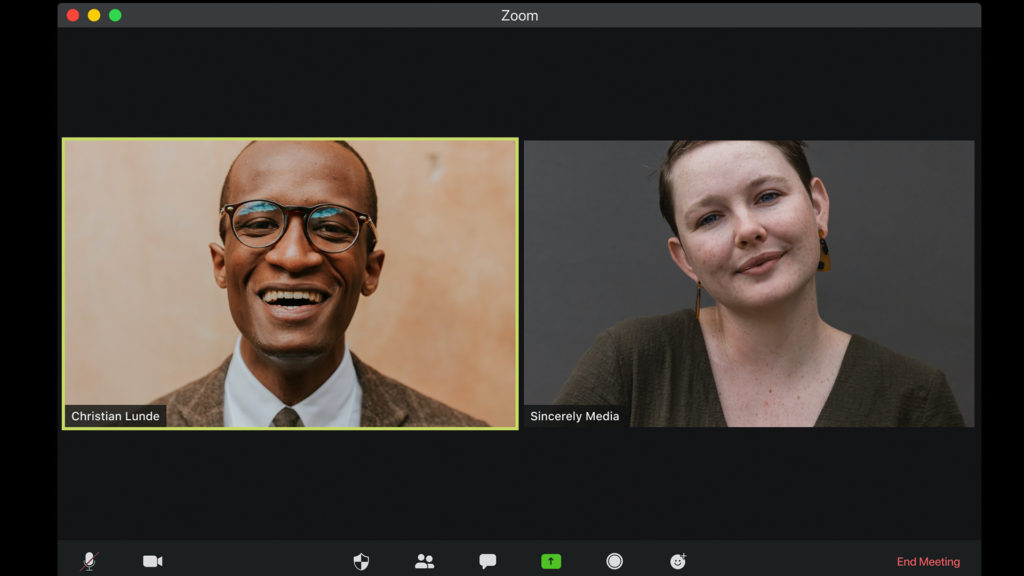
You may not have heard about the breakout room feature of Zoom. But as someone who hates this, I must warn you about this awful feature beforehand.
If you’re in a bigger meeting, the host can break you out into smaller groups of their choosing. So this means that your teacher can put you in a room with classmates you have never spoken a word to before. Talk about an anxiety-inducing situation!
8. You hide your video at times.
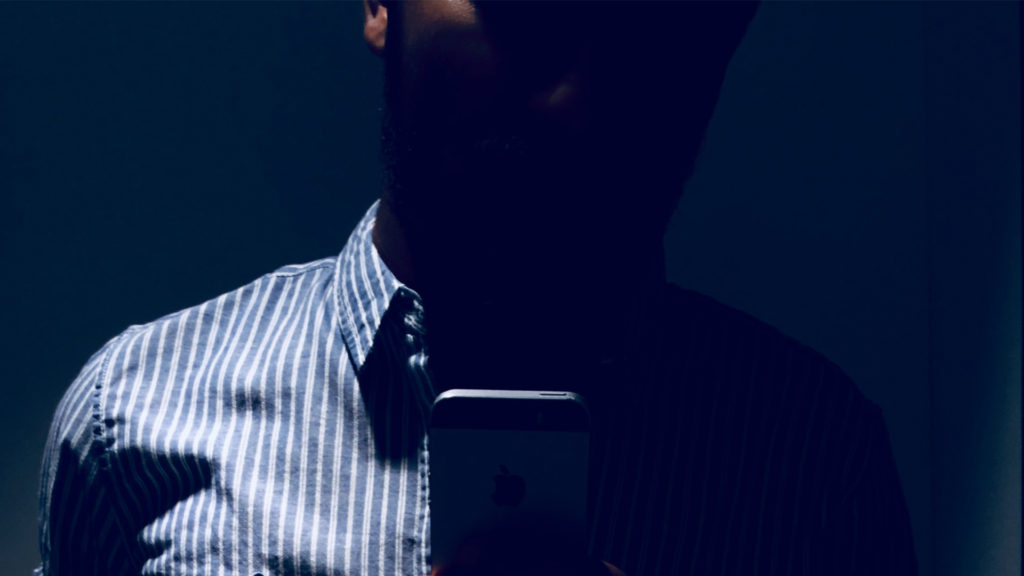
Sometimes, Zoom anxiety can just hit out of nowhere. There are calls where you’re confident enough to turn on your video, but there are also days when it’s the total opposite. As a result of your internal panic, you simply shut off your camera so the rest of the world will leave you alone.
9. You leave the room ASAP.
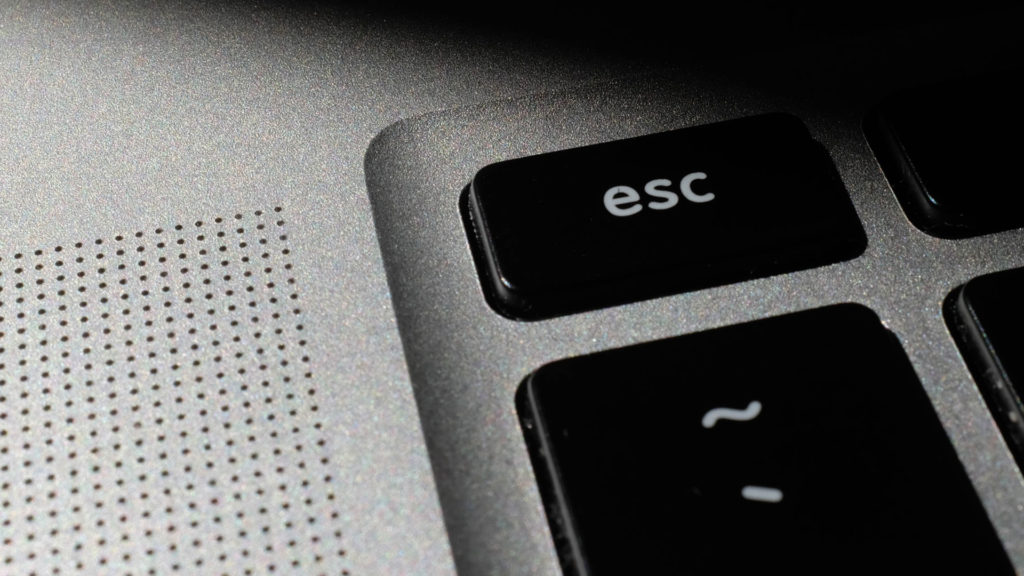
There’s nothing like the feeling of clicking that red “Leave Meeting” button. While everyone else is still doing their post-meeting small talk or saying goodbye to each other, you’re the type to skedaddle out of there.
You will not let anyone see you on camera a second more than they need to, periodt.
Whether we like it or not, Zoom anxiety isn’t going anytime soon. We live in a day and age where video conferencing apps are becoming the norm, with or without coronavirus.
We don’t even use them just for school or work anymore. They’ve become useful in catching up with people who are apart from us. And even with these fun affairs, Zoom anxiety can still kick in.
So what can socially anxious people like ourselves do given everything? In this Style interview with Eugene Farrell, he gives one solid piece of advice: support our negative thoughts with facts. Because only then will you realize that all our anxiety is unfounded.
For example, if you feel like people will judge you for having messy hair in Zoom calls, then you’re letting your thoughts get ahead of the facts. Has anyone mocked you for it? Probably not!
Most probably, people don’t care. You’ve seen someone else with messy hair before, but you didn’t give a damn.
Carefully placing yourself in situations that give you anxiety can actually help you move past it. I remember staying mute (literally and figuratively) during my first months at work due to my Zoom anxiety. But I can tell you that I wouldn’t be as comfortable as I am today with the idea of video calls if I didn’t battle the overthinking in my head.
There are days where it still hits me, but it does get easier.
How has your experience been with Zoom? Let us know in the comments below. If you loved this article, then we have more relatable articles for zoomers like you! Don’t forget to follow us @ZoomersCornerPH on Facebook, Twitter, and Instagram.
Featured Image: Charles Deluvio and JESHOOTS.com

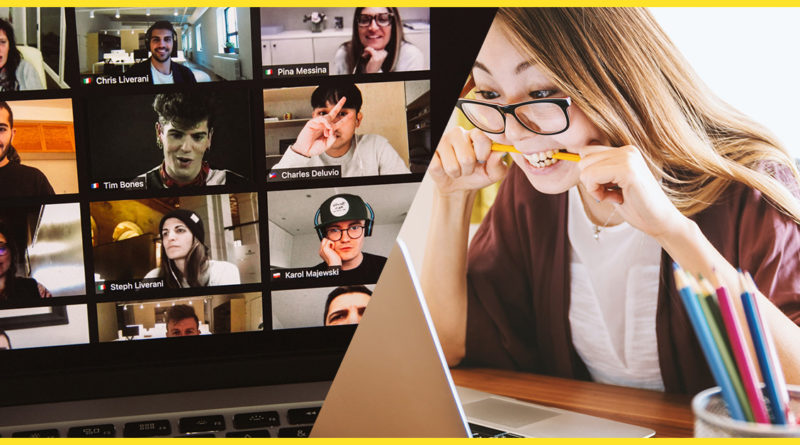


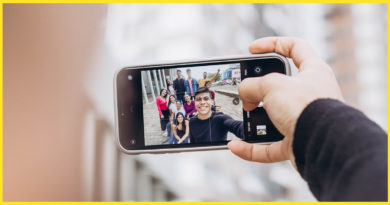
[…] the worst part of a choppy internet connection is when our video freezes and the other people on the call can take a screenshot of us at our most […]
[…] if most of our interactions now happen through Zoom, there are so many cues, verbal and non-verbal, that tells us about zoomers’ state of mind […]